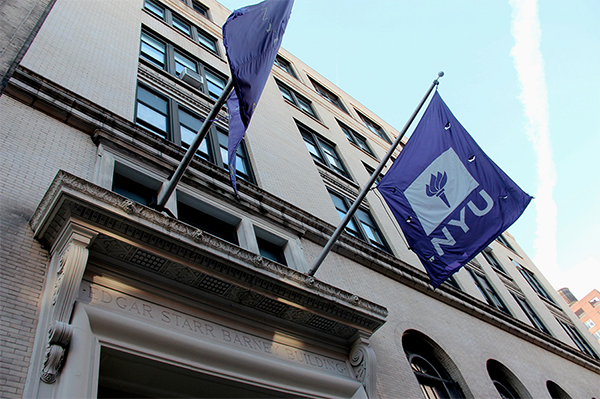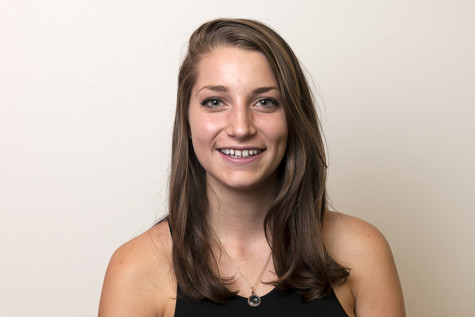Steinhardt doctoral students angry over high tuition fees

Steinhardt doctoral students are angry about inequitable fees between Steinhardt and other NYU schools.
November 19, 2015
Doctoral students at NYU Steinhardt are protesting inequities between the costs of NYU’s graduate schools, with additional tuition fees and healthcare costs driving up the price of a graduate degree from the school.
Anne Pasek, who helped author the petition released last week and a Steinhardt doctoral student, said the costs outnumber the fees of their colleagues at the Graduate School of Arts and Sciences by thousands.
“GSAS PhD students get between 5-7 years of full funding, which includes a steady stipend, health insurance, and a tuition/fee waiver throughout,” Pasek said in an email. “Steinhardt PhD’s get that treatment only for the first or second years of their program — depending on the department — while they hold fellowships. After these years, PhD students still receive a stipend, but they no longer have health insurance or a tuition/fee waiver provided for them by the university.”
Additionally, the petition to the NYU Administration protested the practice of compulsory “ghost courses,” another fee doctoral students are forced to pay. To members of Fight the Fees, the group protesting the practice, ghost courses are low-credit classes taught exclusively by students — or sometimes not at all — and are required curriculum, but often cost exorbitant amounts of money.
“At the Department of Media, Culture, and Communication, for example, a course is called Doctoral Research Colloquium,” Pasek said. “Ostensibly it’s a once a month get together of all the doctoral students in the department, where we review work or run a professional presentation. However, this work is all student-run and faculty participation is low (often entirely absent).”
The group raised concerns over many students experiencing delays in getting their degrees as a result of these courses, with international students being hit harder than others because they are unable to be employed off campus.
“The instructor of record in all cases of this course is an administrator that doesn’t actually perform any instruction,” Pasek said. “The credits from this course do not count towards the credit requirements of our degree. It’s obviously a fee, disguised as tuition.”
Paula Kift, a second-year PhD student, also suggested the courses are superfluous, simply facades for additional fees the university wants to tack onto the students.
“In my department, the course for which third-to-fifth year students are required to pay tuition is called the Doctoral Research Colloquium,” Kift said. “It is organized completely by students, faculty rarely attend and students are only ‘encouraged’ to attend. Furthermore, the DRC involves no assignments, no grading and close to zero interaction with the faculty.”
Kift added that, as a result, she and her colleagues are paying tuition for a class that may not really exist.
However, Rachel Harrison, a public affairs officer at Steinhardt, believes those courses do serve a purpose.
“Steinhardt’s one-credit doctoral advisement course was designed to keep advanced doctoral students engaged with their faculty advisors once they’ve completed their core coursework in the first two to three years of study,” Harrison said. “Faculty advisement is critical to the process of completing a dissertation. Each department has its own approach; Steinhardt’s isn’t unusual within NYU or higher education”.
However, Harrison indicated NYU was open to a discussion about the concerns raised by the student group.
“We are sensitive to the concerns of our students and the issues raised in the petition, and we take them seriously,” Harrison said. “We appreciate that this is a matter of considerable importance to the Steinhardt community and the university as a whole.”
Email Thomas Peracchio at [email protected].

























































































































































Anne Pasek • Nov 22, 2015 at 9:47 am
For a more detailed account of this issue, please check out Fight the Fee’s website at https://fightthefeesnyu.wordpress.com/